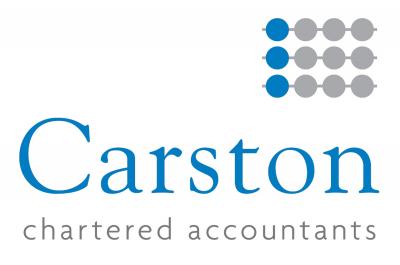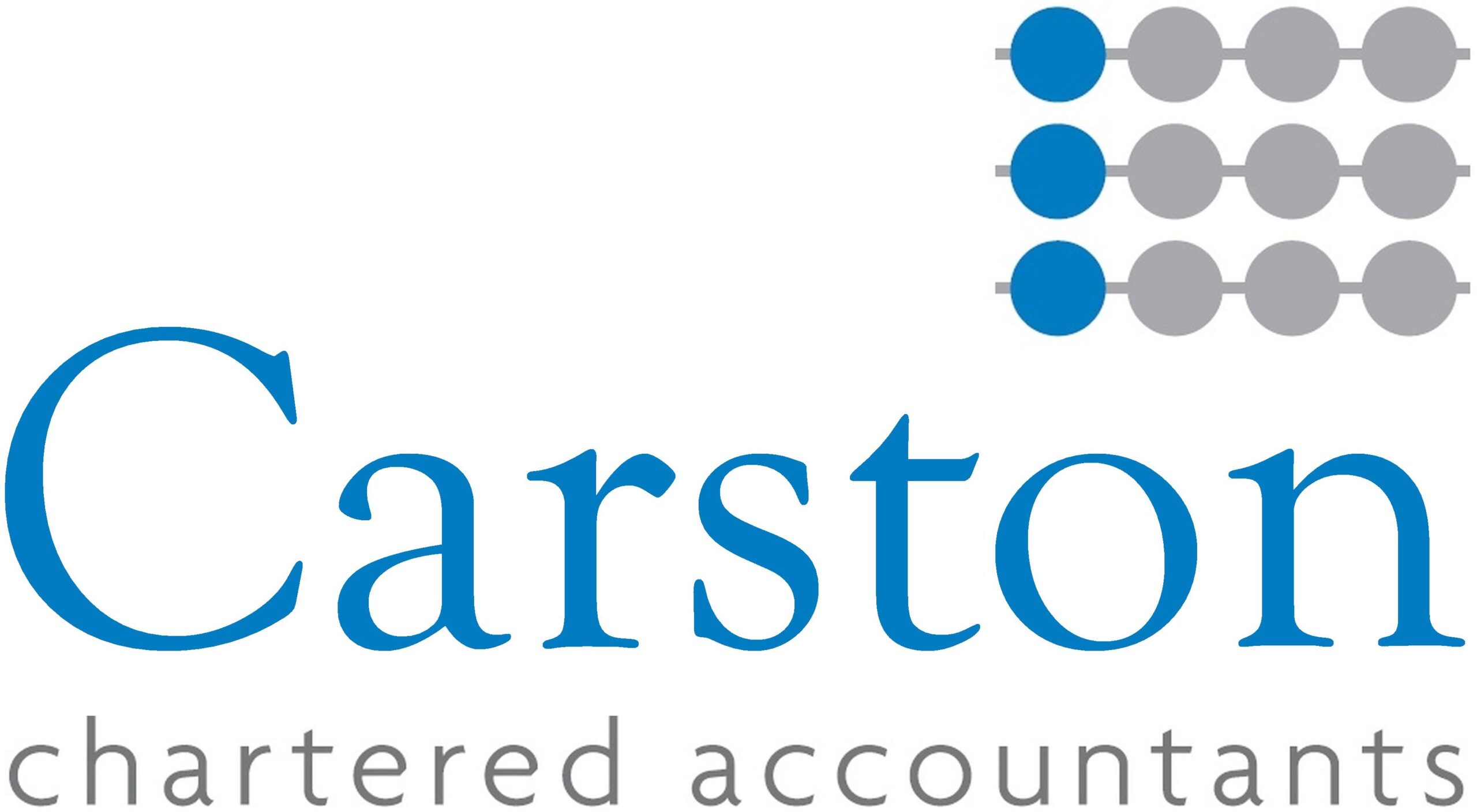Making Tax Digital (MTD) is the Treasury’s programme to eventually digitise the pay we pay the UK’s main taxes – VAT, income tax, and corporation tax. That doesn’t mean simply filing a tax return online on or before the midnight deadline on 31 January. It’s the tax system moving fully online. Most VAT-registered business owners should be fully aware of MTD, having been the first to go through the process from 1 April 2019. And in the not too distant future, it will become mandatory for most sole traders, landlords and directors to comply with MTD. Pretty soon, the days of just using Excel spreadsheets or actual books will be over and digital records will rule the roost.
Making Tax Digital for VAT
Businesses with annual taxable turnover of £85,000 or more in any 12-month period have to register for UK VAT.
These VAT-registered firms are legally obliged to:
-
report and pay any VAT due every quarter
-
ensure their records are stored digitally
-
send these digital records to HMRC using MTD-compliant software.
From 1 April 2022, most VAT-registered businesses must sign up for MTD for VAT, whatever they earn.
Making Tax Digital for income tax
MTD for income tax will kick in on 6 April 2024, affecting sole traders and landlords with gross income or turnover of more than £10,000.
‘Ordinary partnerships’ will follow suit by joining MTD for income tax one year later, from 6 April 2025.
These self-employed businesses will also have to keep digital records of income and expenses, and submit quarterly tax returns.
The quarterly deadlines for all self-employed businesses will eventually be:
-
5 August (for period 6 April – 5 July)
-
5 November (for period 6 July – 5 October)
-
5 February (for period 6 October – 5 January)
-
5 May (for period 6 January – 5 April).
This spells the end for self-assessment for most self-employed taxpayers as 2022/23 tax returns will be the last to be filed using this method.
Making Tax Digital for corporation tax
Last but not least, the three million companies that pay corporation tax will go through the transition to MTD.
Before this comes in, the UK’s main rate of corporation tax will increase from 19% to 25% from 1 April 2023 for those with profits of £250,000 or more.
Then, currently from 1 April 2026 although subject for future change, MTD for corporation tax is due to come into effect.
Due to many companies having different accounting periods, further details have yet to be released.
However, they can expect to file corporation tax returns shortly after the end of every quarter within their 12-month accounting periods.
Compatible software
Before you sign up to MTD, you need to settle on an MTD-compatible software provider to keep and submit your digital records.
Most of the software on HMRC’s list of providers will require payment, although there are some free versions available.
At Carston, we endorse QuickBooks, Sage, and Xero as our preferred MTD-compliant software providers. Each has its own merits.
We can implement the technology within your business and show you how to make the most of it. They are very useful for managing cashflow.
Get in touch with us today on 029 2023 3223 or via email at enquiries@sblcarston.com to find out more.

